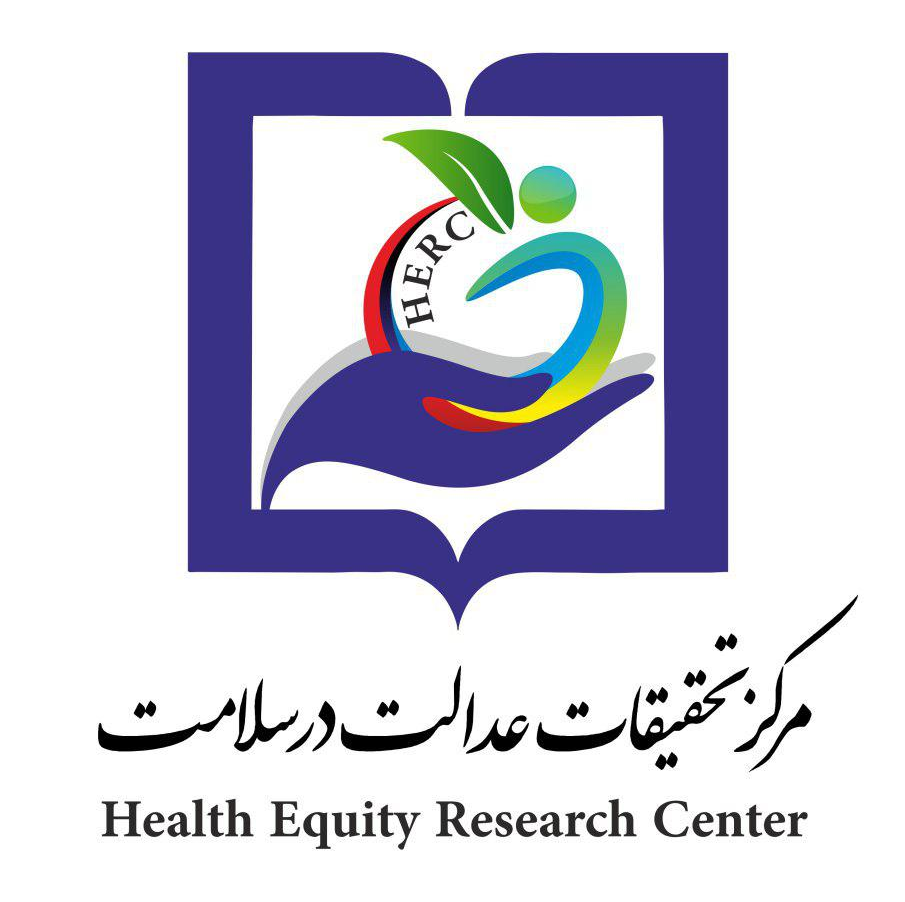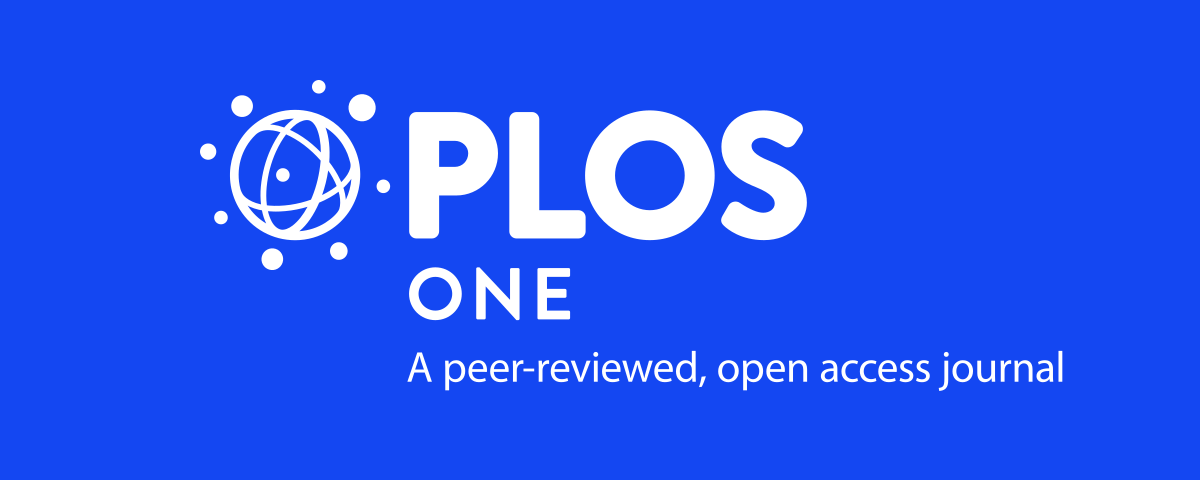Background
Decreasing calories, salt, sugar and fat intake is considered the golden solution to reduce obesity and cardiovascular diseases (CVDs) related to unhealthy diet. This study aimed to investigate the health system induced barriers to a healthy diet in Iran.
Methods
This is a qualitative health policy analysis. We collected data through 30 semi-structured, face-to-face interviews with purposefully identified experts, including policy-makers, top-level managers and related stakeholders. All interviews were transcribed verbatim, and analyzed with qualitative content analysis, facilitated by MAXQDA 11 software.
Results
We identified six categories of barriers: structural problems within the Ministry of Health and Medical Education (MoHME), i.e. Supreme Council of Health and Food Security (SCHFS); the MoHME’s inadequate stewardship of public health, the short life of the deputy of social affairs within the MoHME and its possible impact on the National Health Assembly; inefficient traffic lights labelling for foods; lack of adequate policies and guidelines for monitoring restaurants and fast foods and insufficient incentive policies for the food industry.
Conclusion
In line with the World Health Organization (WHO) Global Action Plan, in 2015, Iran defined its roadmap for prevention and control of NCDs, i.e. some nutritional interventions. However, different stakeholders including MoHME and other sectors need to provide series of interventions to change people’s approach about food choice so that they might reduce the consumption of foods with excessive salt, fat and sugar.



No responses yet